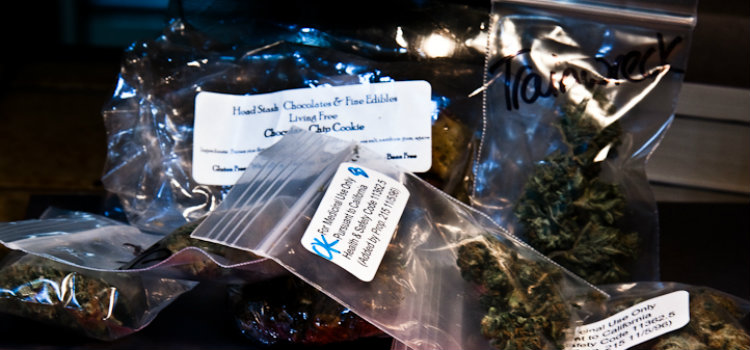Recently, the Arizona Supreme Court made waves when it ruled in favor of medical marijuana users’ right to continue to use marijuana while on probation. This brought up an interesting question that the Supreme Courts of states like New Jersey, Montana, and New Hampshire — states where medical marijuana is currently legal but recreational use is not — might have to answer in the near future:
In a state where marijuana cultivation, possession, and use are illegal — medical use being a highly-regulated exception — should individuals with medical marijuana cards be required to stop using marijuana as a condition of their probation? The answer is no.
Recently, two separate cases have proven that it is illegal and unethical to deny a medical marijuana user his or her right to use marijuana while on probation.
In one case, Keenan Reed-Kaliher was convicted of possessing and selling marijuana. After spending approximately eighteen months in prison, he was released on probation with the requirement that he “obey all laws.” His probation officer added the requirement that he not use marijuana. Reed-Kaliher appealed the plea, stating that as a medical marijuana card holder, he had the right to manage his pain with marijuana. The Arizona Court of Appeals ruled with Reed-Kaliher, issuing the following statement:
“[I]f the state extends a plea offer that includes probation, it cannot condition the plea on acceptance of a probationary term that would prohibit a qualified patient from using medical marijuana.”
In the other case, a woman in Yavapai county named Jennifer Lee Ferrell was convicted of driving while intoxicated. Her plea agreement, like Reed-Kaliher’s, required that she stop using marijuana. She refused, and the Court of Appeals supported her position.
In 2011, Arizona passed the Medical Marijuana Act. This act legalized the use of medical marijuana in Arizona by a tiny margin, passing with just 50.13% of the vote.
Following the Medical Marijuana Act, individuals suffering from one of the approved conditions may possess up to two and a half ounces of usable marijuana at any time for their own relief. Users may receive their marijuana from state-licensed dispensaries or cultivate their own plants if they live more than 25 miles from the nearest dispensary. Users who opt for home cultivation may have no more than twelve plants and must keep them locked in an enclosed facility.
What this issue really boils down to is that medical marijuana users have the right to seek relief for their symptoms.
Some officials and attorneys see it differently, through. Following Ferrell’s case, Yavapai County Attorney Sheila Polk made the following statement:
“I implemented the ‘no marijuana condition’ after the probation department noted a significant increase in the number of probationers obtaining a medical marijuana card to use marijuana while on felony probation. My goal — and the goal of the system — is to set convicted felons up to succeed, to find employment and to turn their lives around. Marijuana is not part of that equation.”
As more states legalize medicinal marijuana use and others move toward decriminalizing and legalizing its use for recreational purposes, this issue will surely resurface in other jurisdictions.
Photo Credit: Wade M
Get daily cannabis business news updates. Subscribe
End
